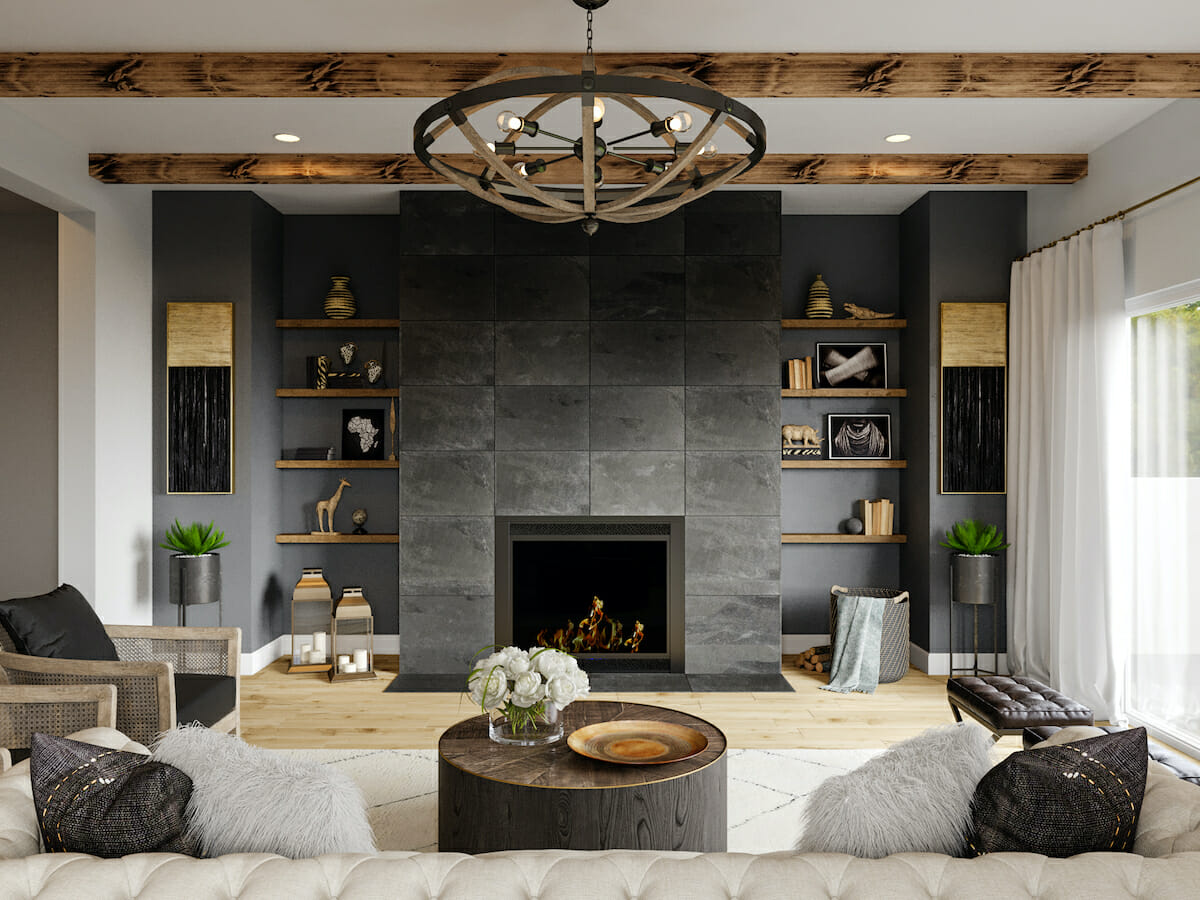Becoming a wine expert is not as hard as you might think. What you will need, apart from sheer enthusiasm, is a combination of some straight forward wine skills. These come in the form of an ability to decipher and provide accurate tasting notes, read and fully understand wine labels and at least know what countries around the world produce wines.
First of all, pick your niche such as New World reds, oak-aged Chardonnays or Bordeaux wines (start with what you know or like best) – the list is limitless, so you can start anywhere you like. Then visit your local wine store, and have a good look at as many wines as possible in your selected niche. The staff in the wine store will usually be very helpful showing you how to select wines with certain aromas and flavours, as well as which varieties pair well with which foods. Also keep an eye out for alcohol levels – a high alcohol wine may not always be desirable.
A few pointers to keep in mind:
- Read back labels to learn about the wines themselves.
- Talk to shop staff or even to other customers for their opinion.
- Is the alcohol level high for the wine in question or would you prefer it to be a little lower? (Higher alcohol wines tend to come from hotter countries).
- Find out if the weather was good or bad for that vintage – this makes a big difference to the overall quality.
One great way on the road to being a wine connoisseur is to join a wine club. Most wine clubs hold regular wine tastings and show an array of different wines at each tasting event. The benefits here are that you will be tutored in the tasting by experts, and your fellow enthusiasts will be able to offer invaluable advice. Most importantly, you will begin to familiarise yourself with all those well known wine adjectives and phrases that are so much in use, like “delicate style with hints of gooseberries on the nose” or “mature red with blackcurrant fruit flavours”.
Before tasting a wine check its colour and condition, this will enable you to assess its age (the darker the wine, the older it is). If it is too dark a colour then beware as this could mean that some oxidation may have taken place which is not a good thing. The second judgement that should be made regards the clarity of the wine, it should be brilliant and clear – cloudy or otherwise could mean that a yeast exists in the wine resulting in its instability. The flavour, or off-flavour would be very obvious even to an untrained nose.
A wine tasters biggest asset is his nose. After the visual checks on the wine next comes the actual tasting. As one smells the wine, the glass is gently swirled around encouraging the release of aromas or bouquet from the wine, it is now that one can detect subtle nuances such as the delicate nature or full body of the wine, as well as the sweetness or acidity.
The final part is the actual tasting itself. Having done a visual check, and then sniffed the wine we have a good idea of what to expect when the wine touches our mouth. The first taste is usually of a dry bitterness nature followed by sweetness later on. So with a younger white wine, the acidity will shine through first, followed by the overall flavour in the body of the wine. This is where one looks for those wine adjectives to describe what you are tasting and be thoroughly objective. With practise this is where the experts ‘slurp’ their wine, this is merely sucking in air and mixing it in the mouth which enables more accurate and prolonged tasting to take place.
What we are looking for is a well balanced wine. Balancing the alcohol level in the wine with its sweetness is the aim – too much of one and not enough of the other is undesirable and would be unbalanced. A good balance will have a reasonable acidity (which helps to age the wine) combined with plenty of fruit flavours giving its distinctive sweet character. If the acid level is lower, the wine will not last as long in the bottle, so this is where the knowledge of where the wine originated from becomes useful.
Try tasting as many different styles of wine as you can – shouldn’t be a problem! In no time you will be assessing them like a true professional, and what’s more it’s great fun!
Practice makes expert!







